When I made my theoretical model, I could not have guessed that people would try to realise it with Molotov cocktails

When I made my theoretical model, I could not have guessed that people would try to realise it with Molotov cocktails
The statement "When I made my theoretical model, I could not have guessed that people would try to realize it with Molotov cocktails" is a thought-provoking reflection on the unintended consequences of intellectual work. This sentiment is particularly relevant in the context of Theodor Adorno, a prominent German philosopher and sociologist known for his critical theory and analysis of culture and society.Adorno's theoretical model was deeply rooted in the Frankfurt School tradition, which sought to understand and critique the social, political, and economic structures that shape modern society. His work often focused on the ways in which capitalism and mass culture alienate individuals and inhibit genuine human flourishing. Adorno was critical of the commodification of art and culture, arguing that they had become tools of manipulation and control in the hands of powerful elites.
Given Adorno's emphasis on critical thought and resistance to oppressive systems, it is ironic that his theoretical model would be associated with violent acts such as the use of Molotov cocktails. Molotov cocktails are crude incendiary devices typically made from a glass bottle filled with a flammable liquid, such as gasoline, and a cloth wick. They are often used in protests and riots as a means of expressing anger and frustration, as well as a form of resistance against authority.
The use of Molotov cocktails in the context of Adorno's theoretical model raises important questions about the relationship between theory and practice, as well as the ethics of political action. While Adorno's work may have inspired individuals to challenge oppressive systems and seek social change, the use of violence as a means of achieving these goals is deeply troubling and runs counter to his emphasis on critical thought and non-violent resistance.
Ultimately, the statement "When I made my theoretical model, I could not have guessed that people would try to realize it with Molotov cocktails" serves as a cautionary reminder of the complex and often unpredictable ways in which ideas can be interpreted and acted upon in the world. It underscores the importance of critically engaging with theory and considering the ethical implications of one's actions in pursuit of social change.
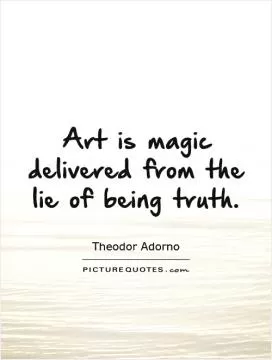
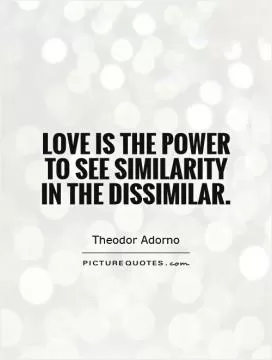

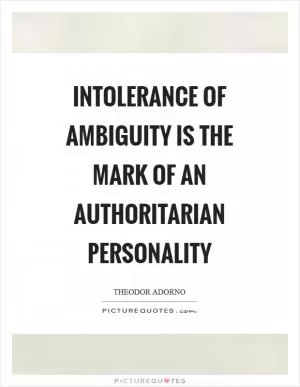

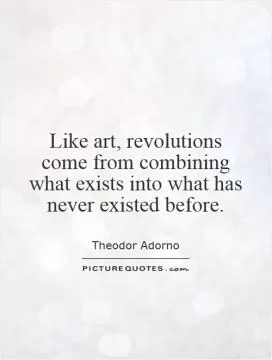
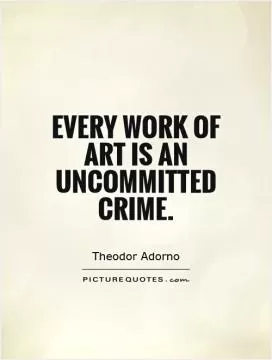

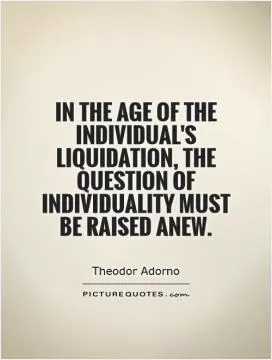
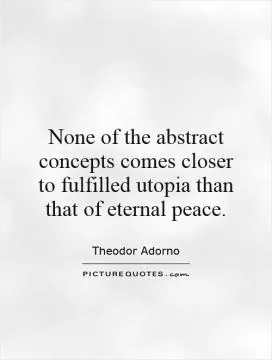
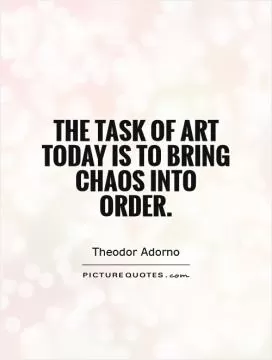
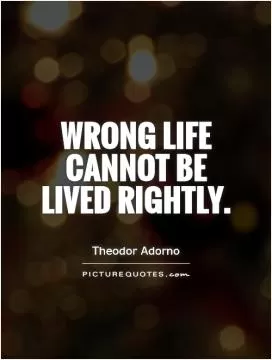
 Friendship Quotes
Friendship Quotes Love Quotes
Love Quotes Life Quotes
Life Quotes Funny Quotes
Funny Quotes Motivational Quotes
Motivational Quotes Inspirational Quotes
Inspirational Quotes